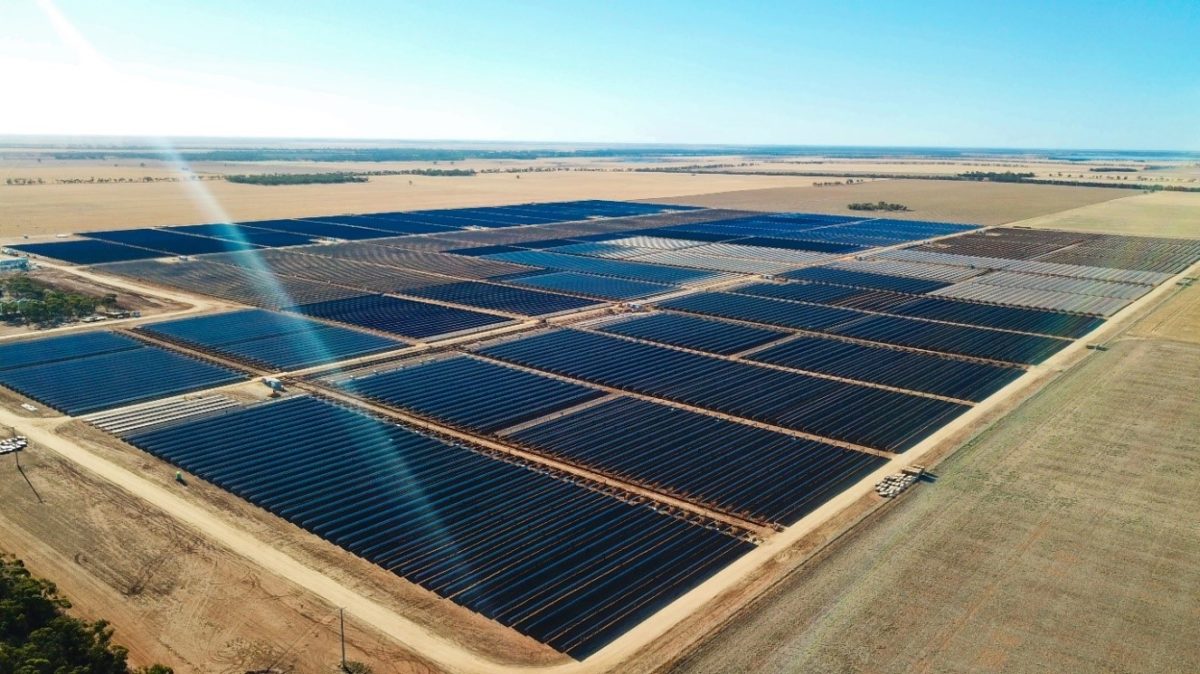With the chorus of voices in favour of the NEG moving forward continuing to grow, it appears increasingly likely the formulation of the policy mechanism will forward after Friday’s meeting of state and federal energy ministers.
Yesterday, more than a dozen industry and civil society groups, including the Australian Energy Council, Energy Networks Australia and the Clean Energy Council, issued a statement urging the COAG meeting to “keep working” on the NEG.
While the joint statement called on the Energy Security Council to move forward with its work on the NEG, describing it as a “plausible basis for compromise”, support for the mechanism was contingent on a number of important caveats. The group called on the NEG to: “preserve competition; harness existing market structures; operate efficiently and equitably; help deliver the electricity we need at the lowest sustainable cost; be scalable and investment-credible; and from the outset help deliver Australia’s long term Paris Agreement emissions reduction commitments.”
Media reports, including in the Australian Financial Review, point to state energy ministers falling into line to back the policy’s progress, in what it describes as “major victory for federal Energy Minister Josh Frydenburg”.
Labor Ministers, reports the AFR, will follow the lead of the Federal Opposition in supporting the NEG’s progress, despite their objections over certain aspects of the policy – most notably the proposed 26% emission reduction target.
Politically, supporting the NEG at this stage is advantageous for the states, according to political commentator and academic Peter Van Onselen. The Australian columnist and University of Western Australian professor told pv magazine Australia that while he believes Federal Labor is “potentially political weak” on the issue, internal divisions within the government will prevent it from profiting.
“I think it’s more likely than not [that the NEG will move forward], but whether it happens this week remains to be seen,” said Van Onselen. “The Labor states are worried that the Coalition’s target is too low, but they should be prepared to sign up because it sends responsibility for hitting or missing the target to the Feds. Additionally, with the polls where they are the Labor Party will be in government this time next year and they can up the targets then.”
The 26% emissions reduction target currently proposed by the Federal Government is a major sticking point with the Labor states. Victoria, Queensland and WA energy ministers have all spoken out against the unambitious target. Their opposition has been expressed both in terms of the weak target’s impact on state-based renewable programs, and its shifting of the emission-reduction burden from the electricity sector to sectors such as agriculture, mining or transportation – where progress may be more difficult.
Despite this, Van Onselen believes that the “internal divisions” within the government will prevent Frydenburg from budging an inch on the target on Friday.
“Impossible,” Van Onselen said. “I cannot see him trading away even higher targets. To do that is to invite even more internal dissent than already exists.” He notes that the opposition to a more robust target within federal government ranks is out of step with public opinion.
To push the burden of emission reductions to other segments of the economy, through the low NEG target, is nonetheless nonsensical. Green Energy Markets’ Tristan Edis released analysis yesterday showing that the current robust level of distributed and utility-scale renewable energy deployment right around Australia will see the sector achieve the 26% target with or without the NEG.
This content is protected by copyright and may not be reused. If you want to cooperate with us and would like to reuse some of our content, please contact: editors@pv-magazine.com.









By submitting this form you agree to pv magazine using your data for the purposes of publishing your comment.
Your personal data will only be disclosed or otherwise transmitted to third parties for the purposes of spam filtering or if this is necessary for technical maintenance of the website. Any other transfer to third parties will not take place unless this is justified on the basis of applicable data protection regulations or if pv magazine is legally obliged to do so.
You may revoke this consent at any time with effect for the future, in which case your personal data will be deleted immediately. Otherwise, your data will be deleted if pv magazine has processed your request or the purpose of data storage is fulfilled.
Further information on data privacy can be found in our Data Protection Policy.